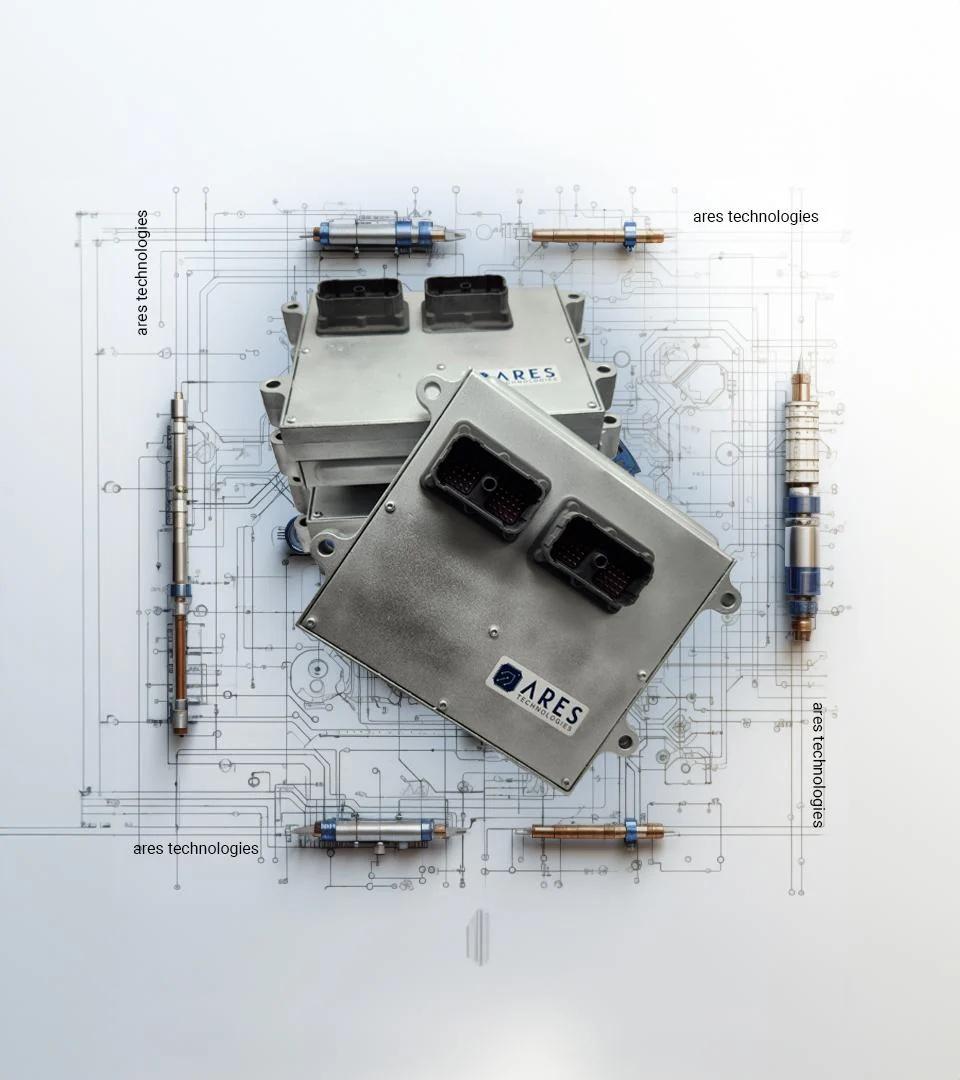Notifications

5 minutes, 42 seconds
-16 Views 0 Comments 0 Likes 0 Reviews

Modern vehicles are more than just mechanical machines—they're complex systems powered by integrated electronic components. Among the most essential are the ECM module and the PCM module. These control units serve as the brain of your vehicle, overseeing everything from engine performance to transmission control. Whether you're a car enthusiast or simply trying to understand what’s going on under the hood, this guide will help demystify these critical components.
The Engine Control Module (ECM) is responsible for managing your vehicle's engine. It continuously monitors and adjusts various engine functions to ensure optimal performance, fuel efficiency, and emissions control.
Controls fuel injection timing and air-fuel mixture.
Monitors engine sensors such as oxygen, temperature, and throttle position.
Manages ignition timing for performance and efficiency.
Detects issues and triggers the check engine light.
In essence, the ECM module ensures that the engine runs smoothly and efficiently under all conditions.
The Powertrain Control Module (PCM) combines the functions of the ECM module and the Transmission Control Module (TCM). It oversees both the engine and transmission systems to harmonize their operations for smoother driving and improved fuel economy.
Integrates engine and transmission control for coordinated power delivery.
Optimizes gear shifting based on load, speed, and driving habits.
Stores error codes for diagnostic purposes.
Enhances safety and emissions compliance.
Because the PCM module manages both engine and transmission, it plays a broader role in the overall performance of your vehicle.
While often confused, the ECM module and PCM module have distinct roles:
|
Feature |
ECM Module |
PCM Module |
|
Focus Area |
Engine only |
Engine + Transmission |
|
Complexity |
Less complex |
More complex |
|
Control Scope |
Air/fuel mix, spark timing |
Air/fuel mix, spark timing + gear shifts |
|
Common in |
Older vehicles or specialized systems |
Most modern vehicles |
Both modules are vital to your car’s operation, and understanding their functions can help you better interpret diagnostic trouble codes and maintenance needs.
An efficient ECM module ensures that your engine delivers maximum performance with minimal emissions. A well-functioning PCM module, on the other hand, fine-tunes the entire powertrain system, balancing power and efficiency for a smoother ride. When either module fails or malfunctions, you may experience rough idling, poor fuel economy, or unexpected stalling.
Be on the lookout for these symptoms that may indicate a faulty ECM module or PCM module:
Check engine light stays on
Trouble starting the engine
Unexplained gear shifting
Poor fuel efficiency
Engine misfires or stalling
If you notice these signs, a diagnostic scan can help pinpoint whether the ECM module or PCM module is the root cause.
The ECM module and PCM module are integral components of your vehicle’s electronic system. Understanding their roles helps in diagnosing issues, optimizing performance, and making informed maintenance decisions. Whether you're driving an older car with a dedicated ECM or a modern vehicle with an integrated PCM, keeping these modules in good working condition is key to long-term reliability.
The ECM module primarily controls engine functions such as fuel injection, ignition timing, and air-fuel ratio.
Not exactly. The PCM includes the ECM’s functionality but also manages the transmission system, making it more comprehensive.
While it may be possible, it's not advisable. A faulty module can affect drivability, fuel efficiency, and emissions, and may lead to further mechanical issues.
Common signs include the check engine light, poor engine performance, stalling, and gear shifting problems. Diagnostic trouble codes (DTCs) can help identify the issue.
In some cases, yes. However, depending on the extent of the damage, replacement may be more cost-effective.

